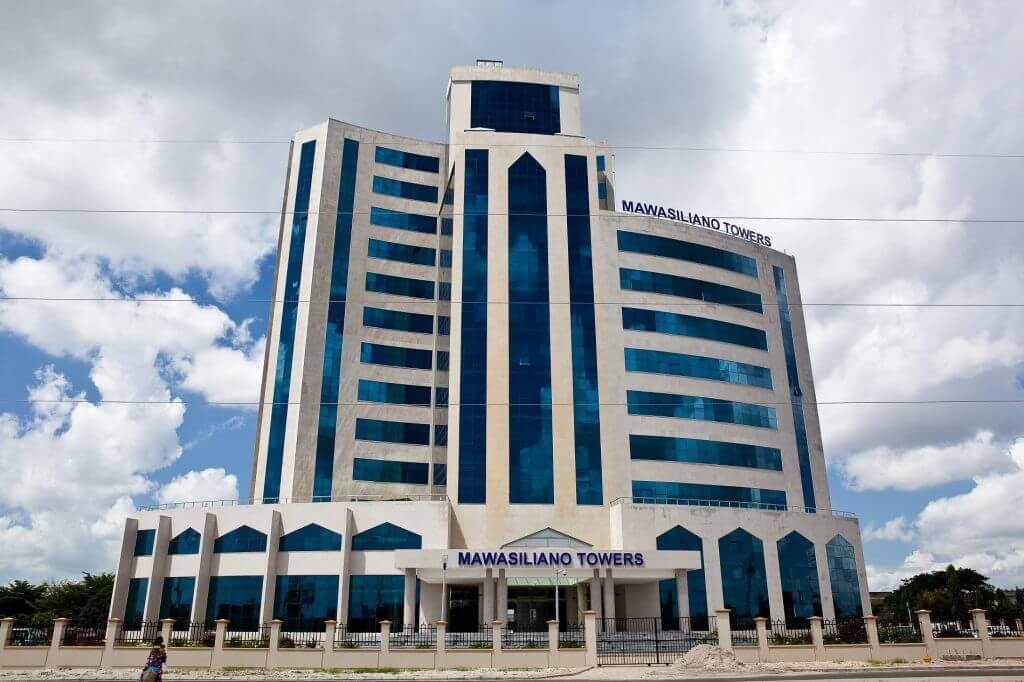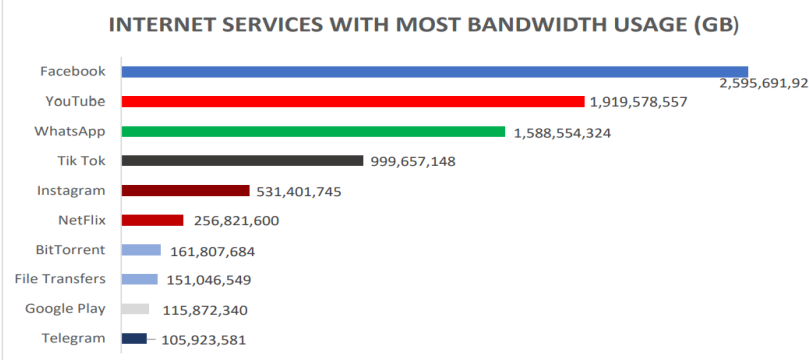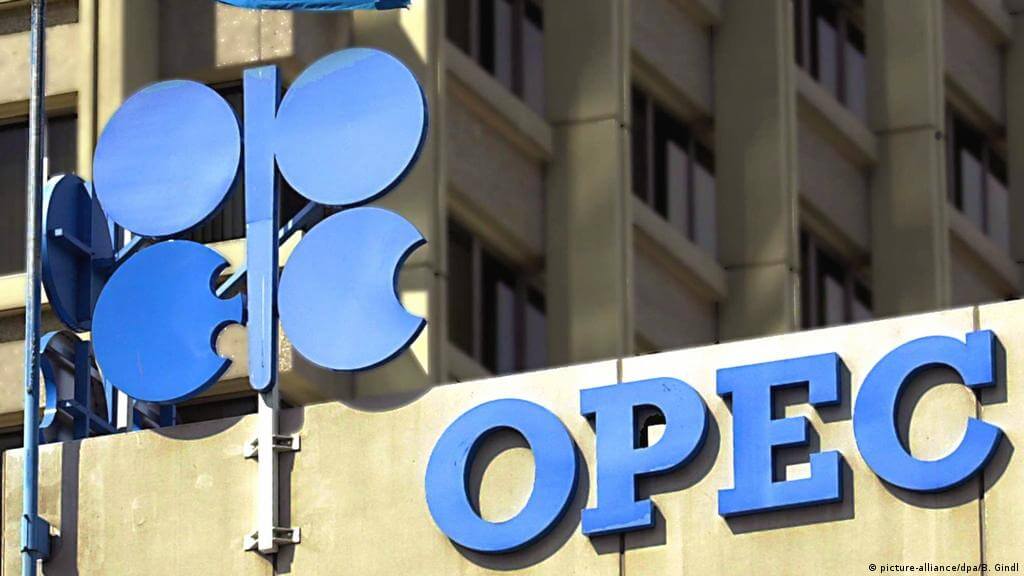The latest statistics released by the Tanzania Communications Regulatory Authority (TCRA) show that Internet usage in Tanzania has increased by 4.2 per cent from 29.8 million recorded in 2021 to 31.12 million recorded in September this year.
The trend in the increase of internet users shows that there was a growth of approximately 17 per cent every year for the 5-years period since 2017 where the country had 16.1 million internet users with the number increasing to 29.1 million at the end of 2021.
“The increase in the use of the internet has also been attributed to increased use of Kiswahili. Kiswahili content on the internet is increasing rapidly with the use of programs (applications) in Kiswahili language has also increased. This is due to efforts to spread use of Kiswahili internationally,” part of the report said.

Vodacom Tanzania in September this year has launched the first 5G mobile network in Tanzania with the city of Dar es Salaam receiving the first 5G sites, with coverage expected to expand to 230 locations across the country, including to parts of Arusha, Dodoma, Mwanza, Iringa, Kagera, Zanzibar and Mbeya by November of this year.
“Having been first to launch 5G in Africa, this is an exciting milestone in Vodacom’s history as we continue to densify 5G services across our Africa markets, bringing the continent closer to the global digital economy through the latest generation of mobile technology,” said Shameel Joosub, group CEO of Vodacom. “Congratulations to the Tanzanian team for bringing us one step closer to an inclusive, fully digitized future for all Africans.”
According to the operator, smartphone users will get speeds of up 400Mbps initially, and in the coming months, can expect speeds of more than 800Mbps. This, said the company, will increase to 1Gbps once the 5G spectrum is made fully available.

Many African countries are facing 5G delays due to unclear spectrum regulations and low citizen purchasing power. According to Quartz Africa, only Ethiopia, Botswana, Egypt, Gabon, Kenya, Lesotho, Madagascar, Mauritius, Nigeria, Senegal, Seychelles, South Africa, Uganda and Zimbabwe have launched 5G services, many of which are not yet commercially viable.






